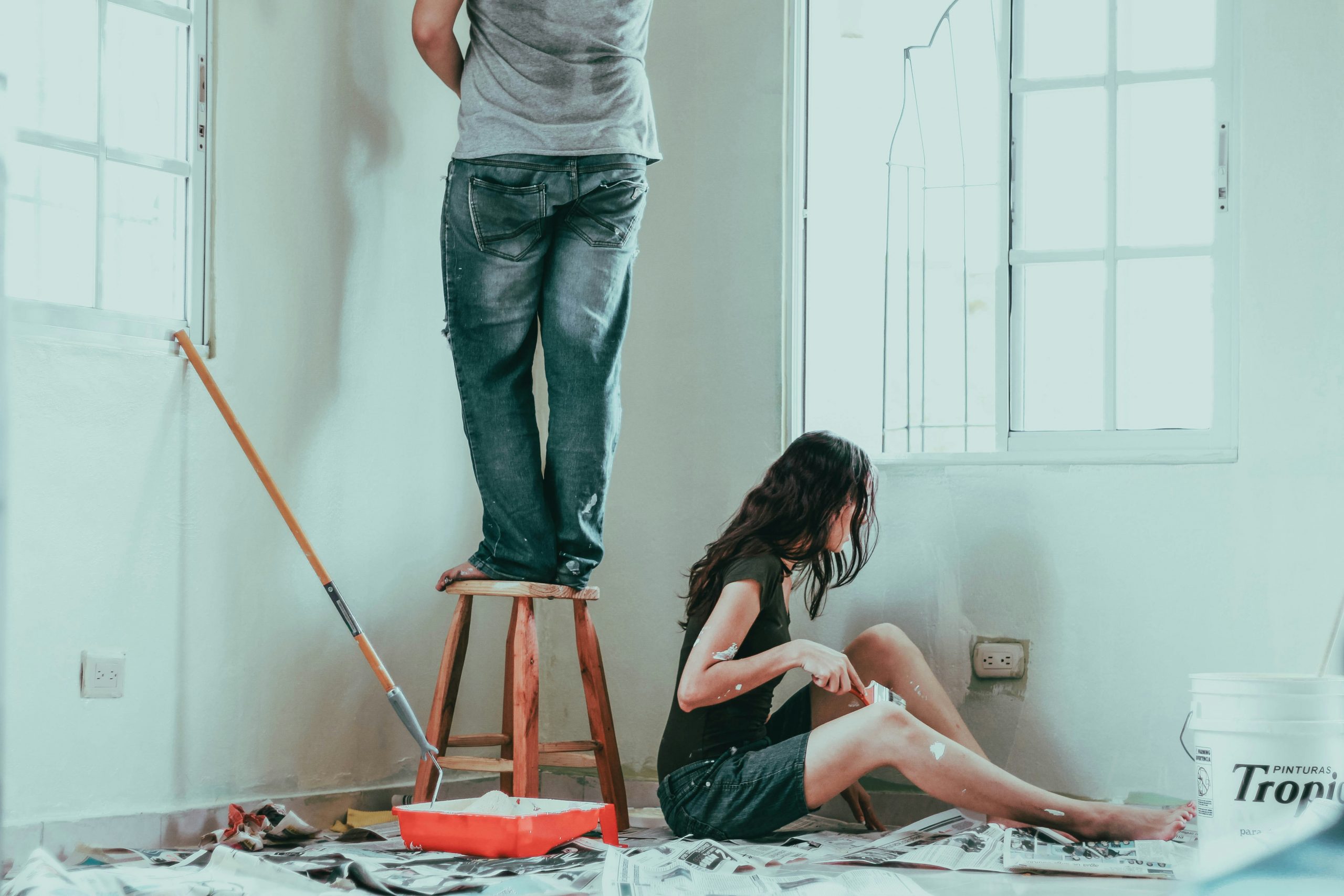
- Regular home maintenance extends the lifespan of home components, enhances safety, improves efficiency, maintains market value, and ensures homeowner comfort.
- Seasonal maintenance is crucial; insulating pipes in winter and checking cooling systems in summer prevent damage and save costs.
- Vigilant inspections and technology like home management apps help homeowners identify maintenance needs efficiently and promptly schedule tasks.
- Budgeting 1-3% of the home’s purchase price for annual maintenance can alleviate stress from unexpected repairs and secure financial readiness.
- A proactive approach in planning and executing home maintenance activities pays off by ensuring a durable, efficient, and comfortable living space.
Homeownership is often accompanied by the joy of having a personal space that reflects individual tastes and lifestyles. However, this significant investment also comes with the responsibility of regular upkeep to ensure the property remains safe, efficient, and valuable. In this comprehensive guide, we’ll explore the myriad benefits of consistent home maintenance and provide actionable tips for homeowners, property managers, and DIY enthusiasts on maintaining structural integrity, critical systems, and the overall aesthetics of your home.
The Benefits of Regular Home Maintenance

Regular home maintenance goes beyond appearances; it is the backbone of any property’s longevity and value retention. It encompasses various tasks, from seasonal checks to minor repairs and improvements, safeguarding the home against future issues. Through diligent maintenance, homeowners can not only prevent the inconvenience of unexpected repairs but also optimize the home’s energy efficiency and operational costs.
Furthermore, a well-maintained home is crucial for preserving both its market value and the safety of its occupants. In the following sections, we will explore the tangible and intangible advantages of keeping your home in prime condition, highlighting how regular upkeep contributes to the overall well-being of the property and its residents.
Extending Property Lifespan
Every component of your home, from the roof down to the foundation, is subject to wear and tear. Regular maintenance acts as preventive care, spotting minor issues before they escalate into major repairs. This vigilance saves you from unexpected expenses and considerably extends the lifespan of your home’s components.
Enhancing Home Safety
Routine checks and fixes around your home can significantly mitigate risks such as electrical fires, gas leaks, or structural failures. Ensuring that every aspect of your property is in top condition provides peace of mind by safeguarding your family’s welfare.
Improving Home Efficiency
Maintenance routines also extend to the various systems running your home, such as heating, cooling, and electrical systems. Keeping these systems in check ensures they run efficiently, thus saving on energy costs and reducing your carbon footprint.
Maintaining Home Value
A well-maintained home retains—if not increases—its market value over time. Regular upkeep keeps your home appealing to potential buyers and can be a deciding factor in the real estate market.
Ensuring Comfort
Ultimately, the primary purpose of your home is to be a comfortable living space. Through regular maintenance, you ensure that every part of your home remains functional and enjoyable to live in.
Key Areas of Home Maintenance
Maintaining a home requires attention to various components that ensure its functionality, safety, and efficiency. The key areas of home maintenance encompass a range of tasks, from routine inspections to specific repairs that prevent deterioration and enhance living conditions. This section will outline the crucial aspects of home upkeep that homeowners should prioritize to protect their investment and ensure a safe, efficient, and comfortable living environment.
Structural Integrity
Inspecting the foundation, walls, and roofs periodically for signs of damage, such as cracks or leaks, can prevent structural issues. Pay special attention to water damage, as it significantly threatens structural integrity.
Systems Maintenance
The HVAC, plumbing, and electrical systems require regular checks to function optimally. Simple tasks such as changing air filters, inspecting pipes for leaks, and ensuring the electrical system meets your household’s demand can drastically improve system longevity and efficiency.
Exterior and Interior Maintenance

The exterior of your home faces the brunt of environmental conditions and thus demands regular care, including painting, cleaning gutters, and roof inspections. Similarly, interior maintenance, like sealing windows, checking for leaks, and maintaining appliances, contributes significantly to the overall well-being of your home.
Pest Control
Regular inspections are vital in identifying potential infestations early on. Incorporating natural deterrents, opting for professional pest control services when necessary, and undertaking preventative measures are critical components of home maintenance.
Seasonal Maintenance
The changing seasons bring different maintenance challenges. Preparing your home for each season—insulating pipes in winter, ensuring your cooling system is operational for summer, and cleaning gutters in fall and spring—can protect your home from seasonal damage.
Challenges and Solutions in Home Maintenance
Identifying Maintenance Needs
Regular inspections and being vigilant about changes in your home’s performance can help effectively identify areas needing maintenance. Technology, such as home management apps, can also be pivotal in tracking and scheduling maintenance tasks.
Planning and Budgeting for Maintenance
Setting aside a home maintenance fund and planning yearly maintenance activities can alleviate the stress of unexpected repairs. A good rule of thumb is to budget 1-3% of your home’s purchase price for annual maintenance.
Conclusion
Adopting a proactive approach to home maintenance cannot be overstated. Its value in extending the lifespan of your home’s components, enhancing safety, improving efficiency, maintaining your home’s market value, and ensuring comfort makes it an indispensable part of homeownership. Start today by evaluating your home’s needs, setting a maintenance schedule, and budgeting accordingly. Remember, the effort and resources you invest in maintaining your home today will pay dividends in the long run.



